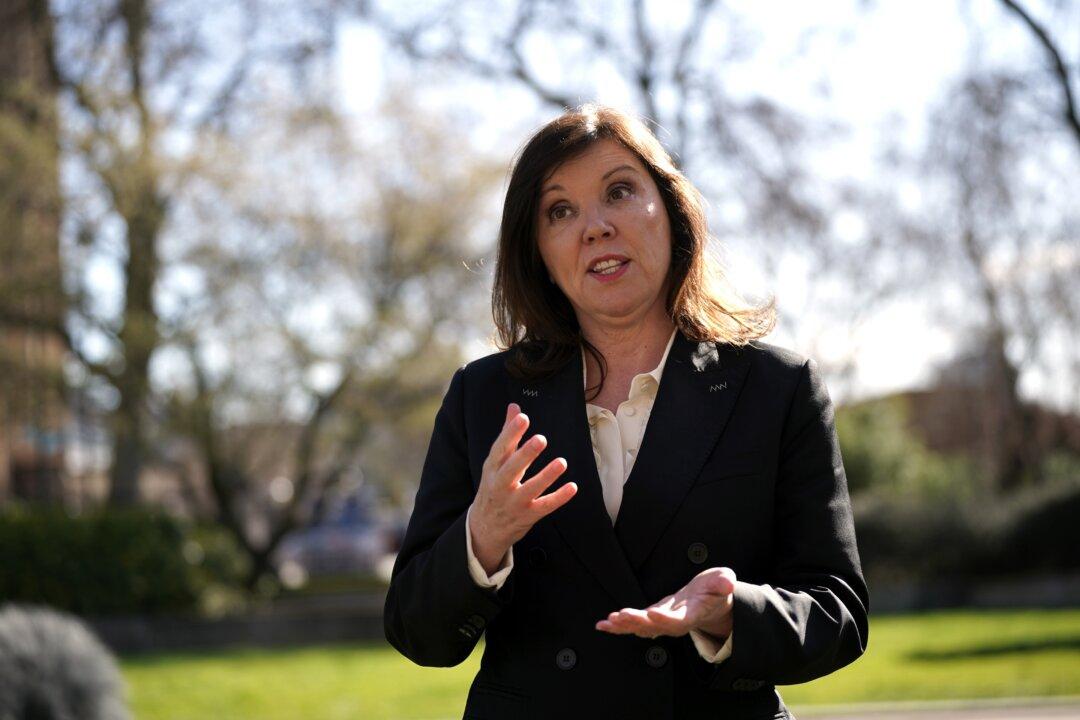
Children's Commissioner Dame Rachel de Souza during an interview with PA Media on College Green, in Westminster, London, on March 27, 2023. Yui Mok/PA
Ministers must “rocket boost” fostering to tackle a shortage of carers, the Children’s Commissioner for England has said.
Dame Rachel de Souza suggested the government could learn from its Homes for Ukraine scheme to access an “untapped well” of possible carers.




